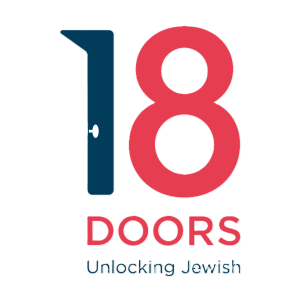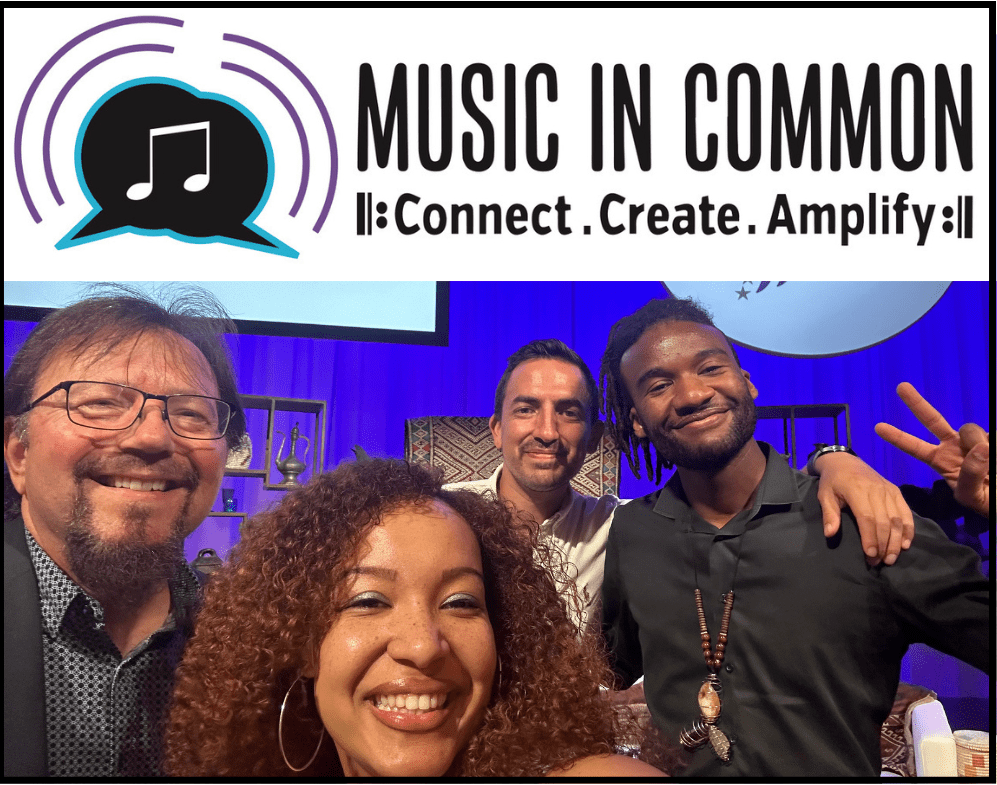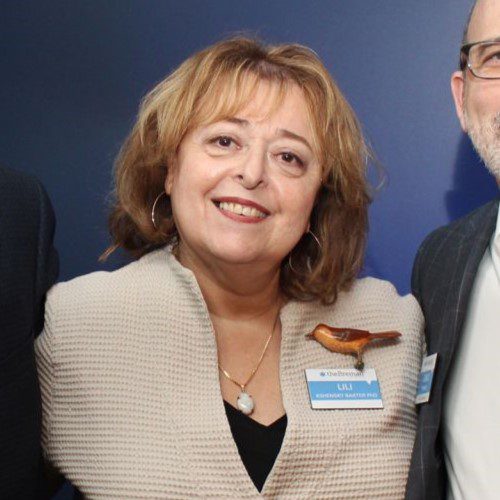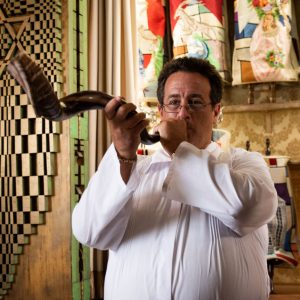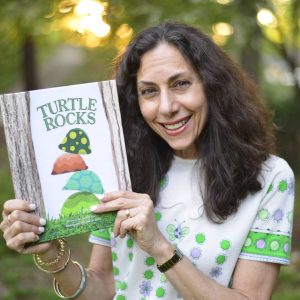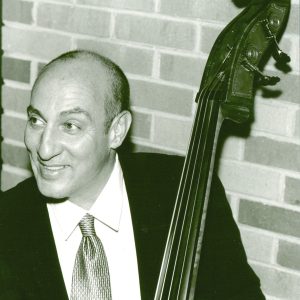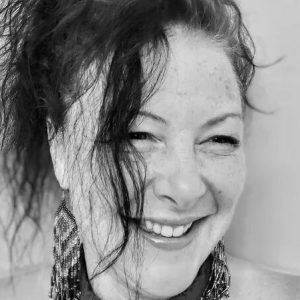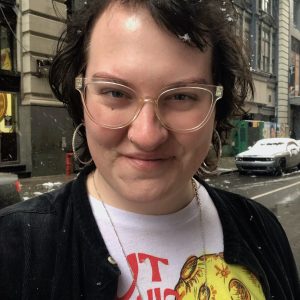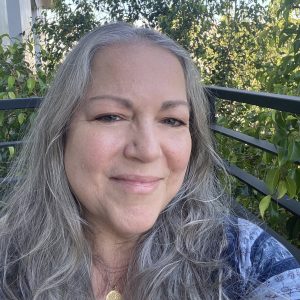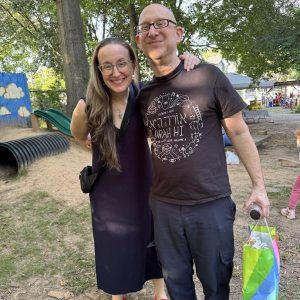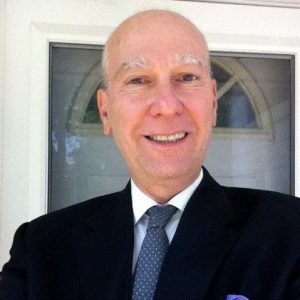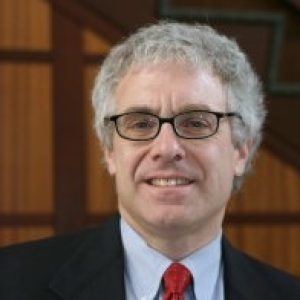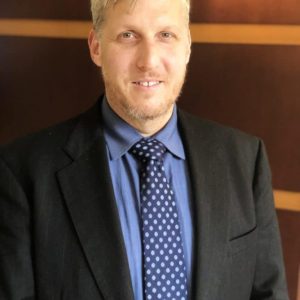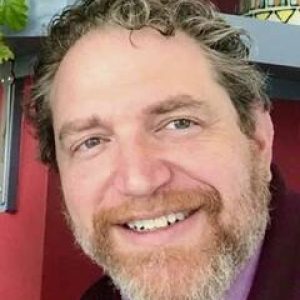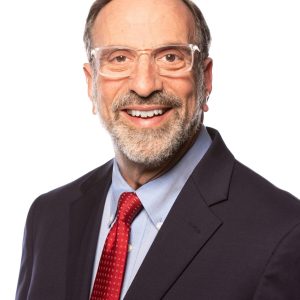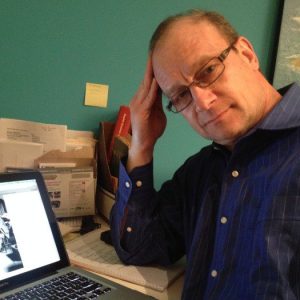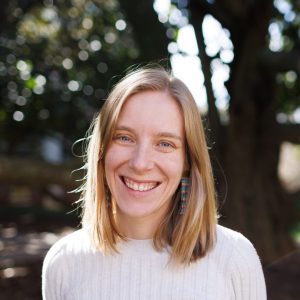A Moment of Torah with Rabbi Neil Sandler
Parshat Bereisheet
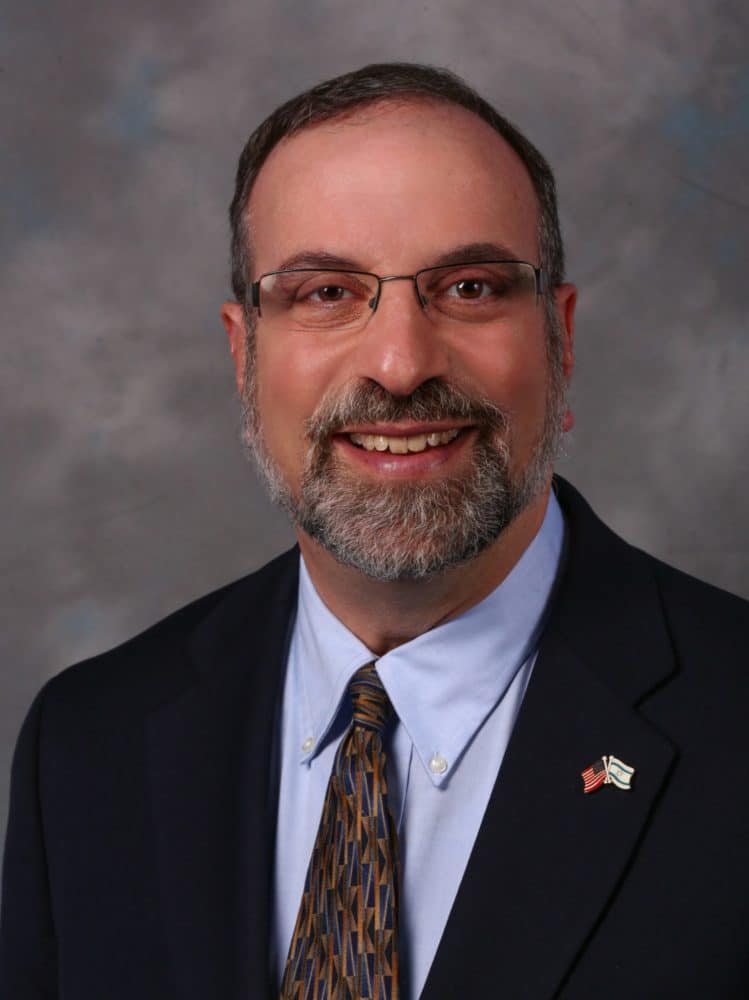
From the time we get up each morning until we return to our beds at night, we are doing. We are making. We are creating. We prepare meals. Some of us go off to our workplaces for much of the day. Perhaps we make sales there. We create documents. We help people based on our professional expertise. Some of us spend more time at home. We may have hobbies or other activities in which we participate and create or do something. All of us enjoy relationships with other people. We create in that realm too, including feelings and impressions that can have an impact on those relationships.
Of course, in all instances, we are the ones who are doing. We are responsible for our actions. However, our tradition, as interpretively expressed in Parshat Bereisheet this week, adds a partner who lies at the foundation of our lives and actions. An awareness of the presence of this partner, the Holy One, may have an impact on our actions and how we view them.
At the conclusion of the Creation story, God ceases all creative activity. The relevant sentence (Gn. 2:3) ends somewhat awkwardly with the word, "la'asot," an unusual verbal form here. The medieval biblical commentator, Ibn Ezra, suggests this strange sentence construction hints at the Holy One's empowerment of all species to reproduce themselves. More popularly, Ibn Ezra's take on this sentence is understood as the basis for saying that creation is never really concluded. Moreover, God does not act alone in the work of creation. Every single one of us potentially joins the Holy One in acts of creation.
Some of us create in large ways. Some of us create in small ways. To the extent possible, let us seek to view ourselves as God's partners and thereby raise up the meaning and significance of what we do each day.
Shabbat Shalom.












